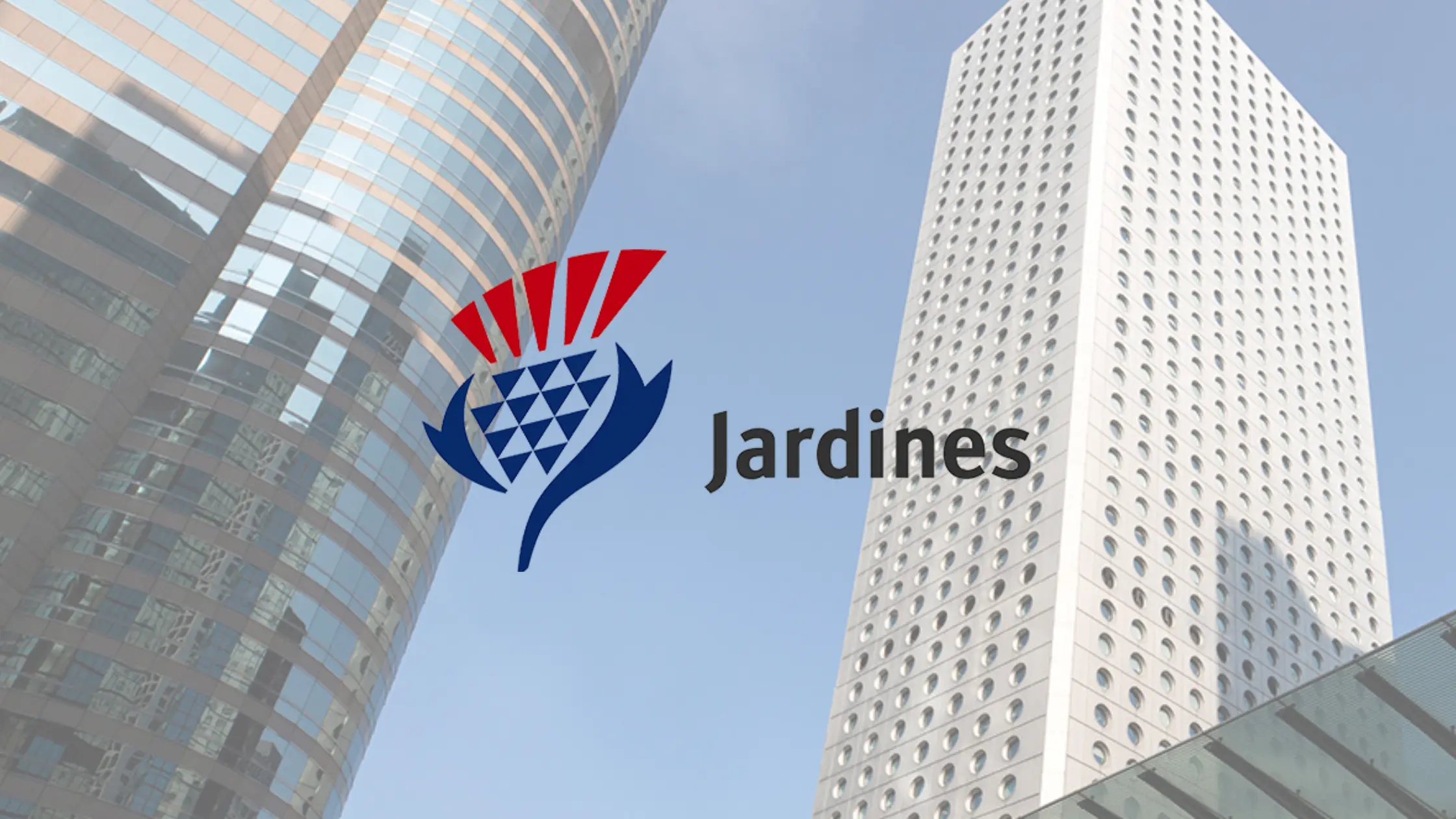The upcoming week in Singapore promises a wealth of economic indicators that will shed light on various sectors, including property market trends, manufacturing health, vehicle costs, consumer spending, and ex-dividends. Noteworthy among these are the Urban Redevelopment Authority (URA) Private Home Prices, the S&P Global Singapore Purchasing Managers’ Index (PMI), and the Automobile Certificate of Entitlement (COE) Bids.
Leading the week’s economic highlights is the preliminary data for Q2 on private home prices from the URA. In Q1 2024, private home prices in Singapore increased by 1.4% quarter-on-quarter (q-o-q). This marked the third consecutive quarter of price hikes, despite ongoing high-interest rates and stringent government cooling measures designed to temper demand. The upcoming Q2 data will be closely scrutinized to determine whether this upward trend persists.
Following closely is the S&P Global Singapore PMI for June. In May 2024, the PMI increased to 54.2 from April’s nine-month low of 52.6. This improvement was driven by faster growth in new business and output, as well as renewed job creation. The June PMI will be critical for understanding whether this positive trajectory continues, providing further confidence in the manufacturing sector’s recovery and overall economic stability.
The COE bidding results for categories A, B, and E will also draw attention. Despite the anticipated increase in COE supply later this year, private transport costs are likely to remain high. The results of these bids will offer insights into the demand for private vehicles and the broader economic sentiment. High COE prices often reflect strong consumer confidence and purchasing power, whereas any signs of softening could indicate underlying economic concerns.
Singapore’s foreign reserves, a key indicator of the country’s economic stability and ability to manage currency fluctuations, edged up to SGD 500.86 billion in May 2024 from SGD 500.30 billion in the previous month. The June data will be important for assessing the robustness of Singapore’s financial buffers amidst global economic uncertainties.
Retail sales in Singapore, which shrank by 1.2% year-on-year (y-o-y) in April 2024, reversing from an upwardly revised 2.8% rise in March, will also be a focal point. This contraction marked the first decline in retail sales in four months and the largest drop since February 2022. The May figures will provide further insights into consumer spending patterns and the overall health of the retail sector.
In addition to these indicators, several companies and exchange traded funds (ETFs) are set to go ex-dividend, including Tianjin Pharmaceutical Da Ren Tang Group Corporation Limited (SGX: T14), ISDN Holdings Ltd (SGX:I07), ABF Singapore Bond Index Fund ETF (SGX:A35), and various Nikko AM ETFs. These ex-dividend dates are essential for investors seeking income from their investments.
Internationally, key data from China and the United States (US) will also be of interest. The Caixin China PMI for manufacturing, services, and composite sectors, as well as the US ISM Manufacturing and Services PMI, Job Openings and Labor Turnover Survey (JOLTS) report, unemployment rate, the Federal Open Market Committee (FOMC) meeting minutes, and nonfarm payrolls, will provide broader context on global economic trends that could impact Singapore.
Overall, the week ahead is packed with economic indicators that will offer insights into Singapore’s economic trajectory, consumer sentiment, and investment climate, both locally and in the broader global context.
Disclaimer: ProsperUs Manager of Content Hailey Chung doesn’t own shares of any mentioned companies.








